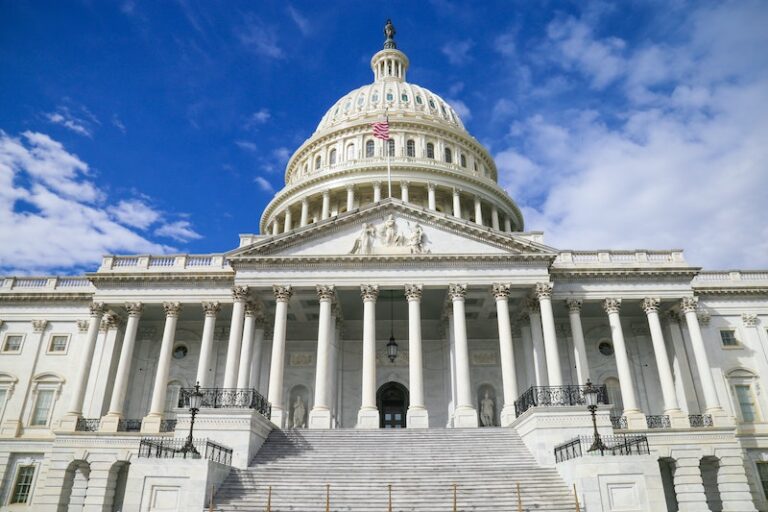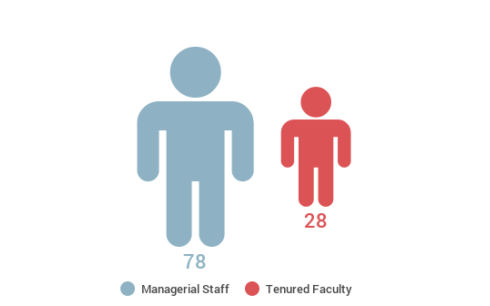Legislation can move quickly in Trenton or take eons to even be considered. AFTNJ leaders and staff attend Senate and Assembly Education and Higher Education committee meetings to track progress on proposed bills and meet with legislators to advocate for sound public policy. The state federation leverages the strength of New Jersey’s AFL-CIO and our union allies on labor issues and a host of progressive and good public policy groups on the economic and social justice front.
Here are a few of the bills (with both positive and negative outcomes) we are currently tracking:
Transition to Retirement. (A-3024, Giblin & Riley/S-1819, Thompson & Cunningham) Provides for distributions from Alternate Benefit Program to faculty at institutions of higher education during their transition to retirement. This legislation would allow experienced senior faculty members to work on a limited basis and receive a distribution from a retirement account in the ABP while continuing to work at a reduced level of assignment for a period of time.
Unemployment Insurance for Adjuncts. (S-2495, Sweeney/Greenstein) This bill amends the unemployment insurance law to allow a part-time or adjunct faculty member working in an instructional, research or administrative capacity for an institution of higher education to receive unemployment benefits between successive semesters, unless there is a contract for the worker in place for the next academic year.
Changes to Higher Education Tenure. (S-1160, Weinberg/A-1165, Lampitt) Increases the length of time before a State or county college faculty member will qualify for tenure to six years, up from five. The bill also allows a college to grant tenure upon hiring a new faculty member if he was previously under tenure at an accredited institution of higher education.
Ends Sick Time Payout at Retirement. (A-1179, Lampitt) Allows for the value of up to $7,500 in unused sick time to be used to pay a retiree’s costs of contributing to health insurance. This bill would otherwise eliminate future cash payouts for unused sick time and is only advantageous when compared to proposed legislation that would end cash payouts without allowing any form of compensation.




